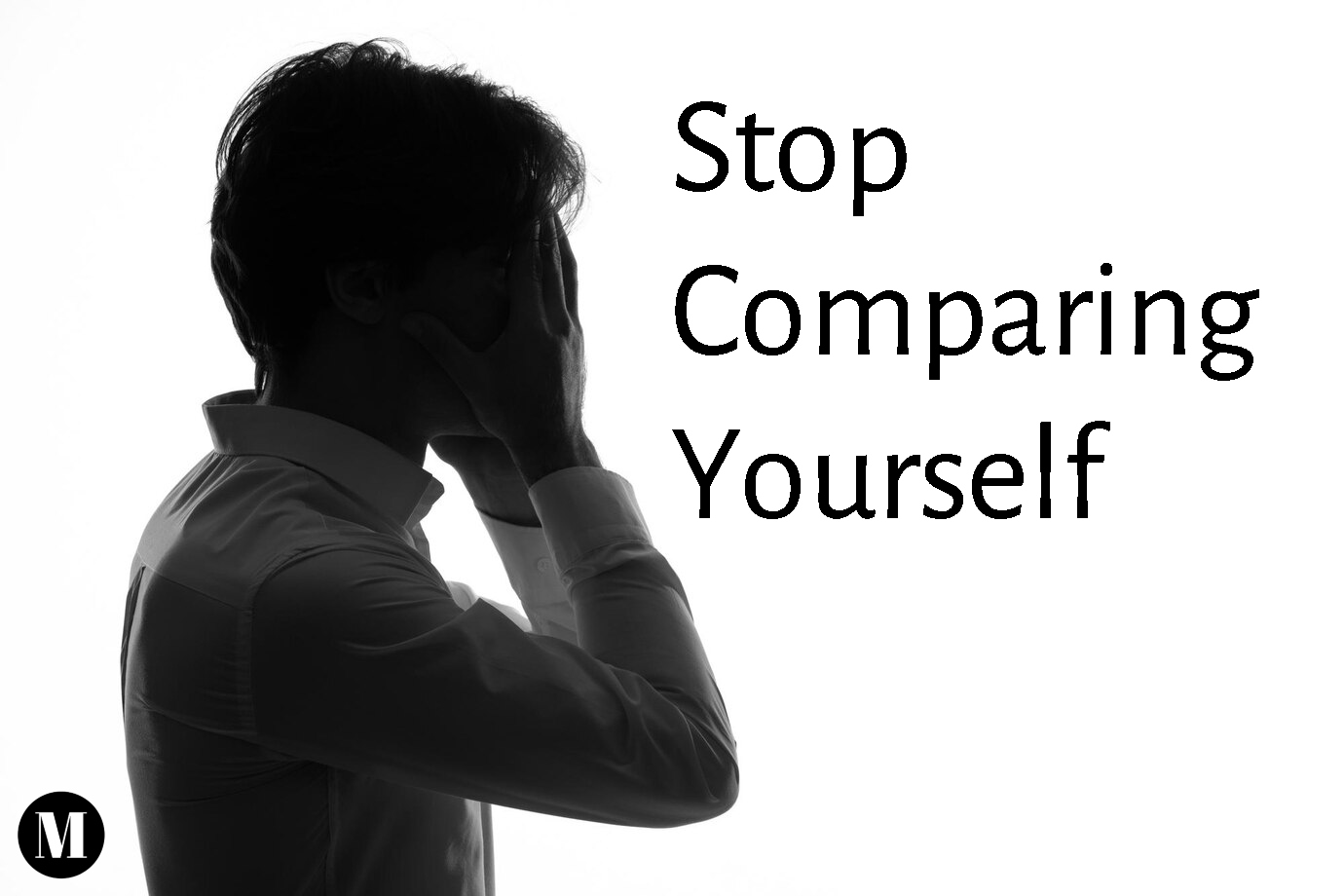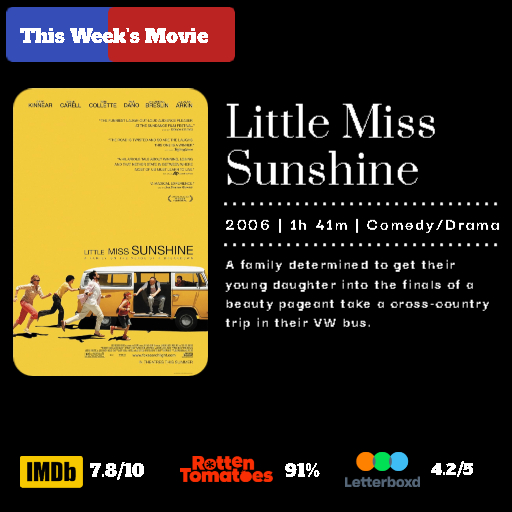Comparing yourself to others is something almost everyone does. Whether it’s scrolling through social media, seeing a friend succeed, or noticing someone’s appearance, it’s easy to feel like you don’t measure up. But why does this happen? And more importantly, how can you break free from the constant cycle of comparison?
Understanding the psychology behind why we compare ourselves to others can help you recognize these patterns and take control of your mindset. Instead of feeling discouraged, you can shift your perspective to focus on your own progress and self-worth.
The Psychology Behind Self-Comparison
Social comparison is a natural human tendency. Psychologist Leon Festinger’s Social Comparison Theory suggests that people evaluate themselves by comparing their abilities, achievements, and traits to others. This behavior helps us understand where we stand in society, but it can also lead to self-doubt and insecurity. There are two types of social comparison:
1. Upward Comparison: Looking at Those “Above” You
This happens when you compare yourself to someone who seems more successful, attractive, or talented. While upward comparison can be motivating, it often leads to feelings of inadequacy and low self-esteem, especially if you focus only on how far behind you feel.
2. Downward Comparison: Looking at Those “Below” You
This occurs when you compare yourself to someone who appears worse off than you. It can provide a temporary confidence boost, but it’s not a healthy way to build self-worth. Relying on others’ failures to feel better about yourself creates a fragile sense of self-esteem.
Why We Constantly Compare Ourselves to Others

Understanding why we engage in constant comparison can help us break free from its negative effects. Here are some common reasons:
Social Media Magnifies Comparison
Platforms like Instagram, TikTok, and Facebook make it easier than ever to compare ourselves to others. We see carefully curated highlights of other people’s lives like their achievements, vacations, relationships without seeing the struggles and failures behind the scenes. This creates an unrealistic standard that fuels feelings of inadequacy.
A Desire for Validation and Approval
Many of us seek external validation to feel worthy. Whether it’s getting more likes, compliments, or recognition, we often measure our value based on how others perceive us. This can lead to unhealthy self-worth that depends on external factors instead of internal confidence.
Fear of Falling Behind (The Comparison Trap)
There’s a growing pressure to “keep up” with others, whether it’s in career, relationships, financial status, or physical appearance. When we see others achieving their goals, we might feel like we’re not doing enough or that we’re “falling behind.” However, this mindset ignores the fact that everyone moves at their own pace.
Cultural and Societal Expectations
From a young age, society teaches us that success looks a certain way; good grades, a high-paying job, a fit body, or a picture-perfect family. These expectations make us feel like we have to match a specific standard to be happy. In reality, true fulfillment comes from defining success on your own terms.
How to Stop Comparing Yourself to Others

If comparison is causing you stress, anxiety, or self-doubt, here are some effective ways to break the cycle and focus on your own journey.
Focus on Your Own Growth
Instead of measuring yourself against others, compare yourself to your past self. Are you improving? Learning? Becoming a better version of yourself? Progress, no matter how small, is worth celebrating.
Limit Social Media Exposure
I always talk about this almost in my every article because it is really important. Many people uses social medias everday, every hour. Social media fuels unrealistic comparisons. Try taking breaks or unfollowing accounts that make you feel inadequate. Instead, follow pages that inspire and uplift you. Or if even it’s possible, try to open that app only a few times in a day.
Practice Gratitude for What You Have
Gratitude shifts your focus from what you lack to what you already have. Make it a habit to list three things you’re grateful for every day. This simple practice can improve your overall happiness and reduce comparison-based anxiety.
Redefine Success on Your Own Terms
Ask yourself: What does success truly mean to me? Instead of chasing society’s definition, create your own version of success based on your values, passions, and personal goals. It will help you to know yourself.
Celebrate Others Without Feeling Less
It’s possible to appreciate others’ success without diminishing your own. Instead of feeling envious, try seeing others as proof that success is possible, not as competition.
Build Self-Confidence from Within
The best way to overcome comparison is to develop a strong sense of self-worth. Invest time in personal growth, hobbies, and self-care. When you feel confident in yourself, external validation becomes less important.
What I’m trying to say is… focus on your own path.
Comparing yourself to others is a natural tendency, but it doesn’t have to control your happiness. The key is to shift your focus from others to yourself. Every person’s journey is unique, and your progress is just as valuable, even if it looks different from someone else’s.
Instead of asking, “Am I as good as them?” try asking, “Am I becoming a better version of myself?” Your worth is not measured by someone else’s achievements. It’s measured by how true you are to yourself.











